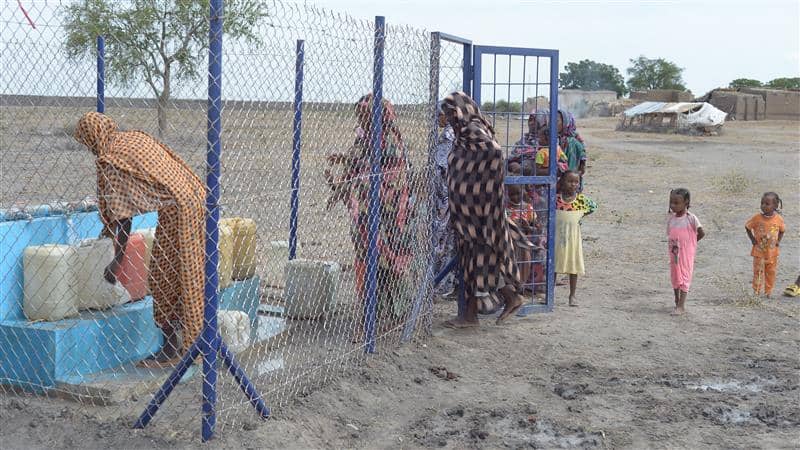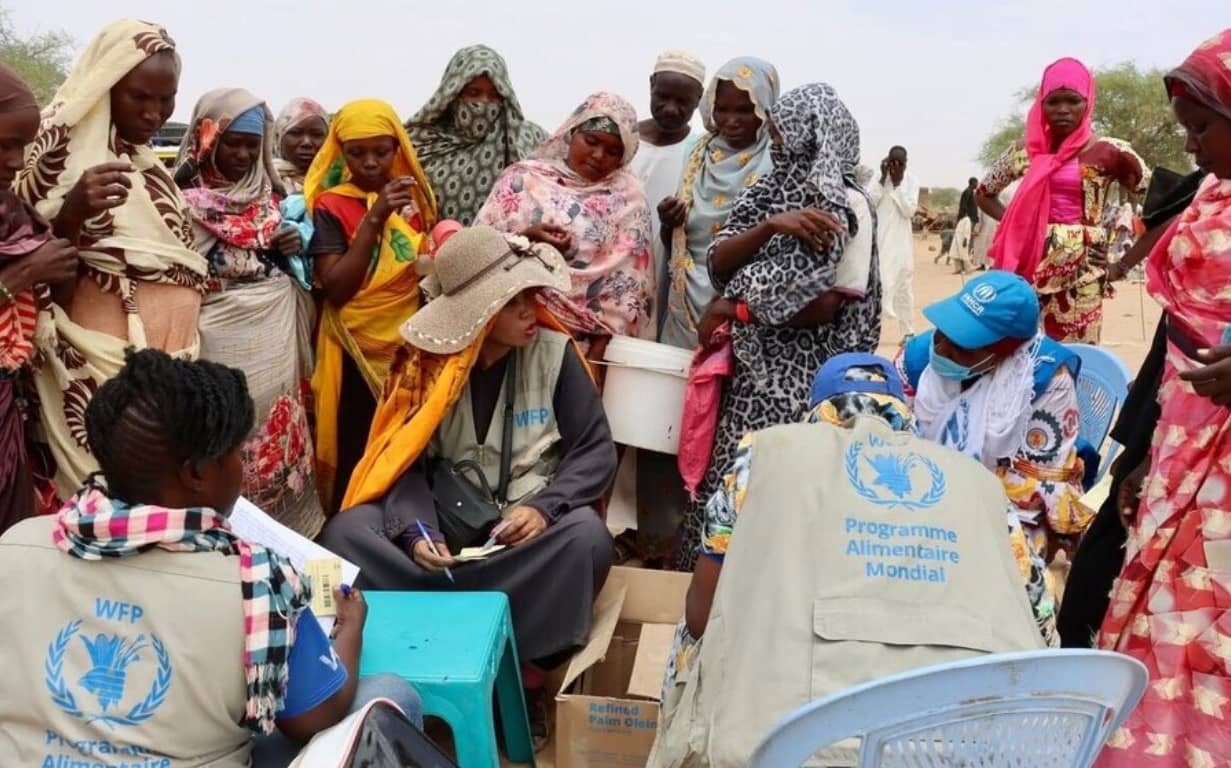ROME – Several prominent officials in the Congolese Bishops’ Conference have voiced sadness over an incident earlier this week that left Italy’s ambassador to the country and two others dead, stressing the need to do more to promote peace.
In comments to InBlu2000, the national radio station of the Italian bishops’ conference, Father Donatienne Nshole, secretary general of the bishops’ conference for the Democratic Republic of the Congo, said “There is great desolation” in the country in the wake of the deadly Feb. 22 attack.
“The area in which this tragedy happened is an area that is totally out of control,” he said, recalling a recent visit that representatives of the national bishops’ conference made to camps for refugees and the displaced in the area close to where the assault happened.
“Many rebel groups are operating and doing their business affairs. There is a criminal economy,” he said, noting that members of the bishops’ standing committee, who met this week, have put the problem of national insecurity at the top of their discussion list and are expected to publish a document on the topic in the coming days.
Referring to Monday’s attack, Nshole said, “It’s truly a terrible news which causes everyone to raise their voices to ask the authorities to make Congo safe again.”
On Monday, Italian ambassador to the Congo, Luca Attanasio, his Italian security escort Vittorio Iacovacci, and their Congolese driver Mustapha Milambo were killed during a firefight near the city of Goma, capital of Congo’s North Kivu province, which for years has been ravaged by conflict.
In a telegram of condolence to Italian President Sergio Mattarella, Pope Francis praised Attanasio, 43, who was known for his humanitarian work, as “a person of remarkable human and Christian qualities, always a prodigy in establishing fraternal and cordial relations, for the restoration of serene and concordant relations within that African country.”
RELATED: Pope praises ‘remarkable’ Christian witness of slain DRC ambassador
UN Spokesman Stephane Dujarric said earlier this week that the incident was an attempted kidnapping while the victims were traveling to Rutshuru with representatives of the UN World Food Program (WFP) to visit a WFP feeding program.
In his Feb. 25 homily for Attanasio and Iacovacci’s funeral Mass, Italian Cardinal Angelo De Donatis, the vicar of Rome and a trusted confidant of the pope, said their deaths cause “anguish” on several levels: Not only because of the lack of peace and justice, but also because “there are still too many men who, enamored with money and power, plot the death of their brother.”
“Luca, Vittorio, and Mustafa Milambo have been snatched from this world by the claws of a stupid and ferocious violence, which will bring no benefit by more pain. Only evil comes from evil,” he said, but insisted that even in sadness, God wants to console and show a path to hope.
De Donatis urged attendees to do something just every day, no matter how small the gesture, because “Violence is making a comeback in every environment and in every latitude, it’s not just something that occurs in the northeast of the Congo, far from here.”
“Violence, which lurks in the depths of the soul, often disguises itself as insensitivity. We need to unmask the germ of violent indifference which is in hearts and say: it’s my problem,” he said.
Attanasio, Iacovacci, and Milambo fought violence with love every day with their humanitarian work and service, De Donatis said, insisting that even though they were killed, their good deeds were not in vain.
“Nothing is useless in the eyes of the Lord. Nothing that we do for love, even the smallest action, nothing falls on deaf ears. This God does not allow it,” he said.
De Donatis closed his remarks asking that the funeral of Attanasio and Iacovacci be a day of prayer not only for them and their families, but for peace in Congo “and in all nations torn by various forms of war and violence.”
Speaking to Fides News, Bishop Sébastien-Joseph Muyengo of Uvira, South Kivu, said Monday’s incident “only confirms what we have been saying for some time: Total insecurity reigns here.”
“If it is possible to kill a diplomat of this rank in this manner, think about what can happen to ordinary villagers,” he said, noting that Attanasio was a personal friend he had met through Xaverian priests working in the area.
Attanasio “loved the Congo and the Congolese very much. He was in North Kivu on a humanitarian mission. He was a man of peace and great friendship. May his soul rest in peace,” Muyengo said.
Pointing to the decades of conflict in the area, Muyengo said militant groups have persisted “unabated” despite threats such as the Ebola virus and now COVID-19.
There are over 150 militias who for years have been active “in this tormented area of Africa,” he said, noting that in the year 2020, there were some 2,000 civilian deaths and some 90,000 people were displaced as opposed groups battled over territory.
Muyengo said he believes that “behind all these wars in Ituri, North and South Kivu, on the high plateaus of Uvira, Fizi and Mwenga, is in reality the attempt to grab land that has always belonged to indigenous populations,” with some groups willing to kill local villagers in order to force them out and occupy their land.
This conflict is in large part due to Congo’s natural resources, such as its minerals and timber, he said, insisting these resources are “coveted by neighboring countries as well as by multinationals, which have no interest in seeing these regions stabilized.”
“There is also the specter of balkanization. Some Western powers, as well as African powers, wish to use all these conflicts to foster chaos and divide the country,” he said.
In a context in which numerous priests and religious have been kidnapped and killed alongside other civilians, and in which churches and convents have become targets, Muyengo said the Church’s only weapon is the Gospel, and “the call to reconciliation and to peace.”
Through various activities and charitable outreach, “we make everyone aware of the importance of peace…but the problem is also the poverty of our faithful,” he said, adding, “We do our best in the formation of consciences, in charity, in prayer.”
Follow Elise Ann Allen on Twitter: @eliseannallen


















